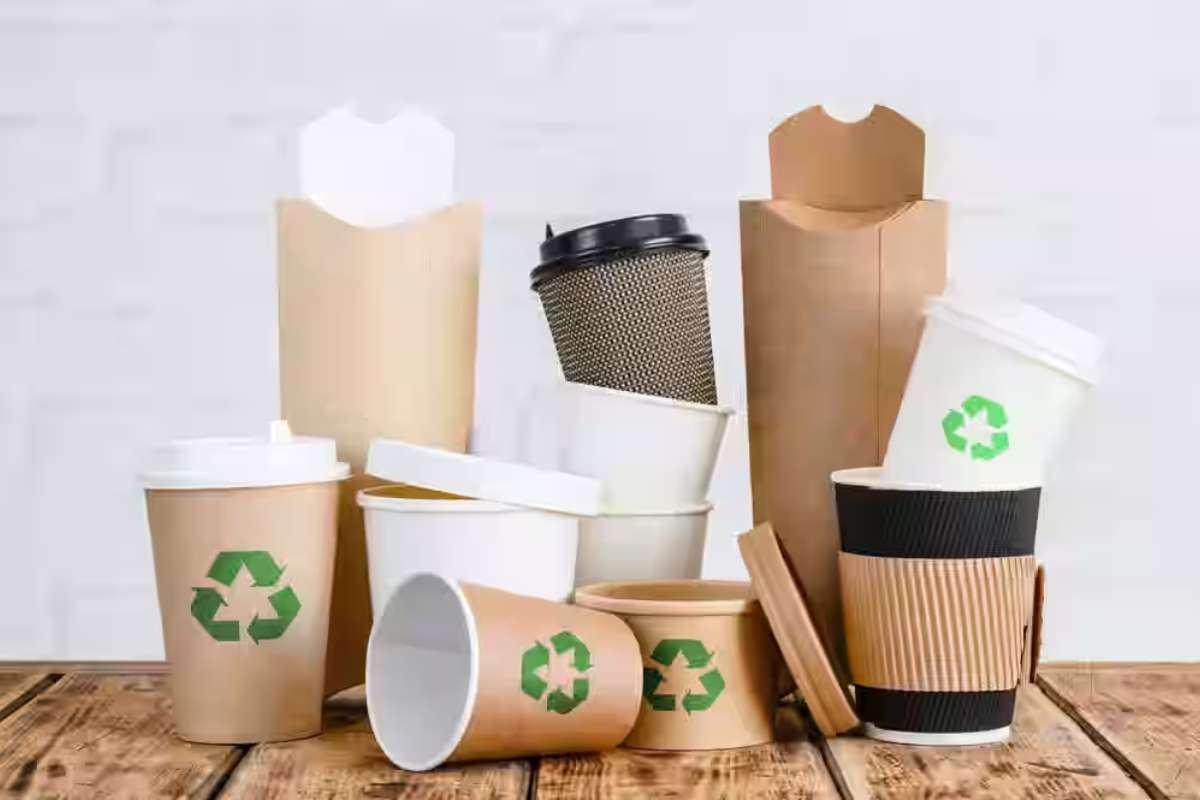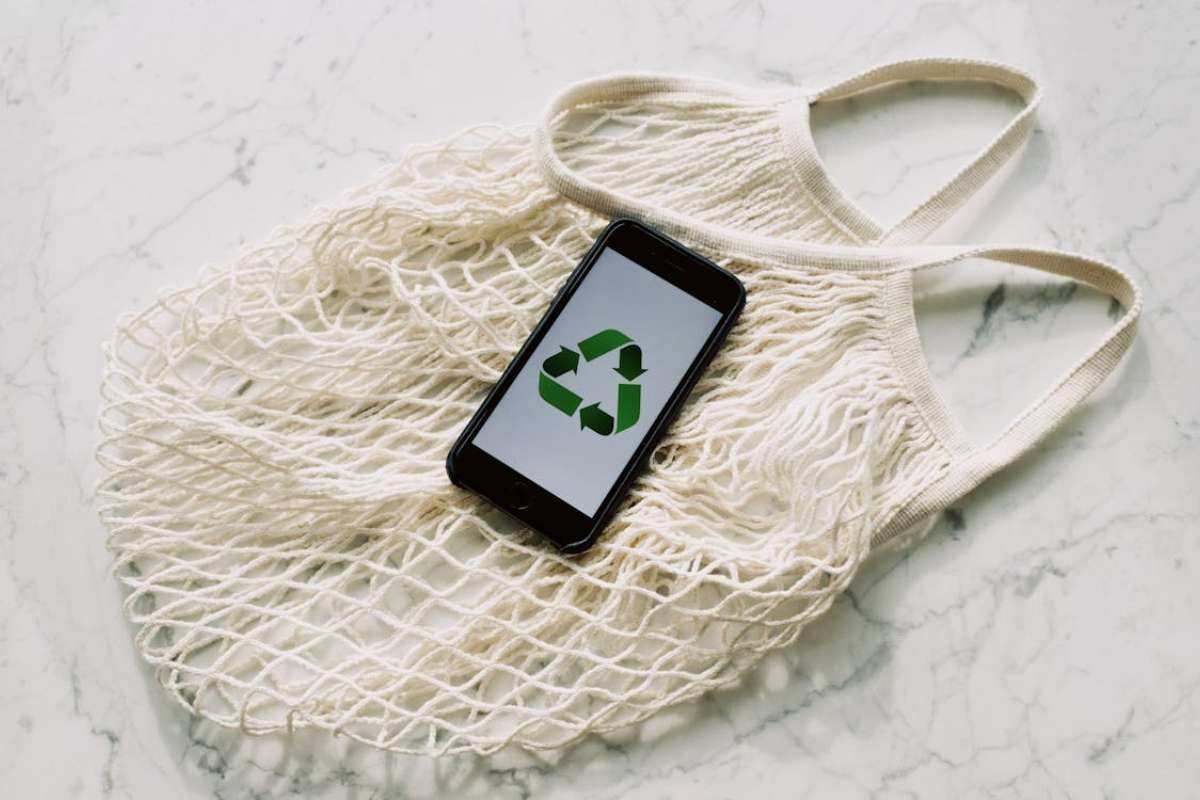The eco moment from consumers shows no signs of stopping, and these days, statistics lean towards more and prep people wanting to spend their money with those companies who have the same eco thinking and alignment. In fact, consumers are willing to invest more time in doing business with companies that actively demonstrate their Eco-Credentials by seeking ways to minimize their environmental impact and actively working towards reduction.
So, while the eco-trend can be a great money spinner, consumers will see through false promises and those paying lip service who aren’t committed to the required changes.
But if you want to appeal to your customer base and attract those who are looking for sustainable businesses to spend their money with, what are your Eco-Credentials?
1. Solar Panels

Investing in commercial solar panels can help you reduce your energy consumption. Even if you have enough panels to meet your energy needs, you can still make money by selling your excess electricity back to the national grid. This process, known as ‘net metering’, allows you to earn credits for the electricity you generate but don’t use, which can then be used to offset your future electricity bills. If you own the building that you operate from, you can talk to experts who can help you ascertain if solar panels are right for your business and how to install them to get maximum benefit.
For larger organisations or those who are heavily reliant on energy, increased solar panel installations can help considerably reduce costs without reducing the energy you consume, but simply replace it with greener alternatives.
2. Eco Suppliers

Engaging with your suppliers and partners about their Eco-Credentials can be a powerful way to align your business with a larger, eco-conscious movement. By discussing and implementing changes together, you can reinforce your commitment to sustainability and make a significant impact on your industry. Whether it’s green delivery services or suppliers who only use recycled materials, you might prefer to partner with those specifying refurbished equipment, so you’re not buying brand new or anything not relating to your business eco strategy and what you do.
It’s not just about what you as a company do, especially if your partners negate the efforts you are making by not committing to lowering their carbon footprint; it’s just the difference you can make through every step of your business and what you do.
3. Recycle

Recycling in business is more than just a few bins for paper or plastics. It’s a comprehensive approach to sustainability that involves every single thing you use. It’s about recycling electronics you no longer need; it’s about using recycled materials, and it’s using equipment until it can no longer function how you need it so it doesn’t prematurely end in the landfill before having it broken down and used for other applications. It’s recycling water and old materials and fittings if you’re renovating or upgrading. Identify everything you can recycle within your business and commit to increasing your recycling capabilities to strengthen their Eco-Credentials.









